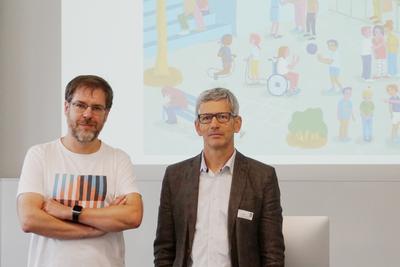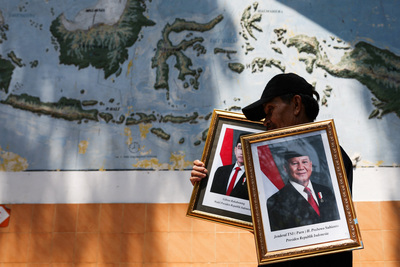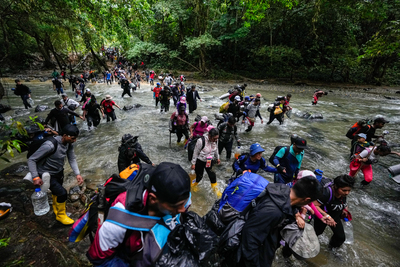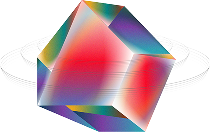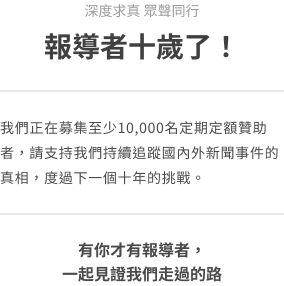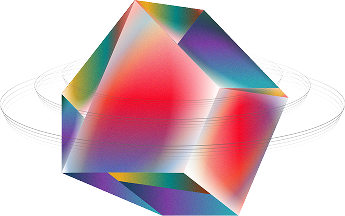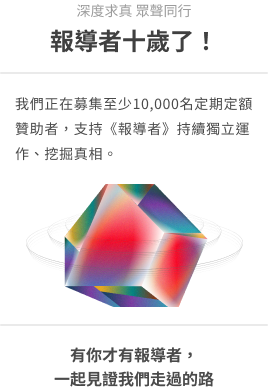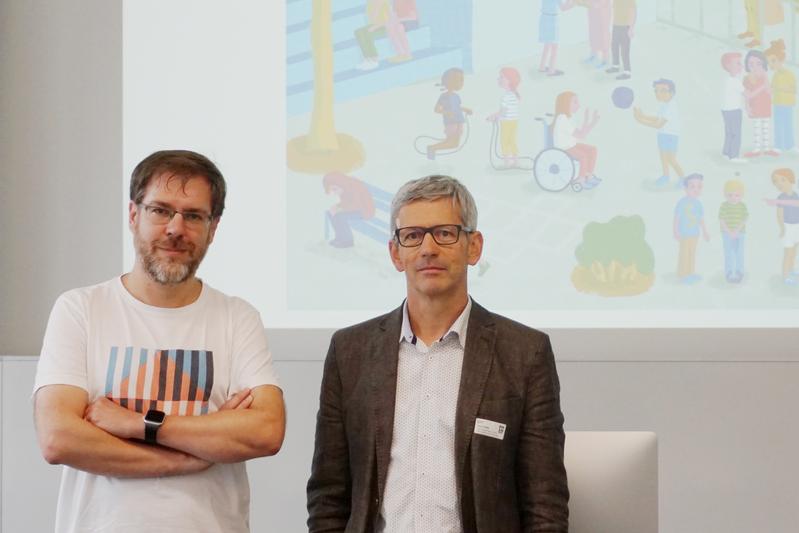
In September, two journalists from Taiwan joined swissinfo.ch for about a week to report on Switzerland. They were free to report on whatever struck them as relevant for their readers in Taiwan. Here's a report by Jason Liu, senior writer for The Reporter, on online privacy.
Swiss data protection officials say children as young as four years old should be taught about data security and privacy - even before they start to use the internet.
The Canton of Zurich recently released what could be the world's first set of educational materials on data security and privacy for kindergartens and younger primary school pupils. The aim: instill an understanding of young children's right to privacy.
The makers of the syllabus said that a conversation about privacy with children was long overdue. And that it should go much further. For them, it is a first step in defending democracy from the threats of surveillance and disinformation.
Educators need to make these highly complex issues relatable to young children. "We have to think about what kind of secrets kids might have at this age," said Jürg Fraefel, the director of the Digital Learning Center at the Zurich University of Teacher Education (PHZH). "Perhaps someone is in love, or someone is being hurt at home."
He led the 16-person project team staffed by the PHZH and the Data Protection Authority of the Canton of Zurichexternal link. Illustrators, designers, audio engineers, scriptwriters, and others came together to develop this data security and privacy teaching material. Key was to teach youngsters the meaning of privacy and pique their interest in the subject.
The result – "Secrets Are Allowed" – is targeted at children aged four to nine, so from kindergarten, which generally runs from age 4-6 in the canton, to mid primary school. By secrets, it refers to the data that is ubiquitously collected by smartphones and other devices in the internet age.
“Kids are starting to use Snapchat, Instagram at an age below twelve years nowadays, in contrast to the official terms of use,” Fraefel said. Even if the children don’t have direct access to the internet, they’re exposed to the danger of having their “secrets” revealed in this environment, he says.
Before the internet becomes part of their routine, educators should help them establish the correct internet usage habits, Fraefel argues.
The need for such early education in digital privacy is global. According to research by the UN Children's Agency, UNICEF, one-third of the global internet users are children, and the proportion is even higher in the Southern hemisphere.
Political and commercial advantages have driven the data mining industry to collect personal data in every aspect of life, whether online or offline and across borders. Advertisers, product developers, and sales teams have also become the commercial users of these data. Personal privacy is becoming a first-world luxury.
In Taiwan, concerns over digital security have increased significantly in recent years. Some 98 per cent of internet users on the island said they are concerned about threats related to being online, according to a survey by the Taiwan Network Information Center.
The report’s authors warned that users relied too much on internet services and inadvertently shared too much of their personal data with them. Some 72% respondents of their survey shared the concern.
There is no similar children’s online privacy initiative yet in Taiwan.
The Swiss experts say it’s not easy to develop a 10-to-20-hour course of teaching materials for children who have not yet seriously engaged in social media. So the organisers are trying to use real-life examples outside social media to make their case.
Young children first need to understand what privacy actually means. The material tries to show them that some things, like an embarrassing photo, are “bad” secrets.
Consider this scenario: You are watching your classmates riding their bicycles happily, but you don’t know how to ride one yourself. You confessed to your most trusted classmates that you are embarrassed about not being able to ride a bicycle. Can you expect them to keep this secret to themselves?
(There are exceptions. The educators tell the children that they should share secrets that affect the safety of others; for example, if a student is embarrassed to admit that he or she doesn’t know how to ride a bike, a teacher should be notified.)
In the next step, children are taught to understand that people have the right to choose whether or not to share their secrets. They are taught that not only do they have the right to keep secrets, but others do so as well.
In one illustration, a cartoon character is aiming the camera at other children. The educators here use photos as an analogy for data. Should we be randomly photographing others? Can we public post and share images of others?
Here’s another scenario: After class, a child was playing on a swing while his or her classmates wanted to take a photo. Suddenly, the child loses its balance and accidentally falls. The classmates caught the embarrassing moment. Should they delete the photo?
The children are also shown the immensity of what could be private information, or “secrets”, in their lives, ranging from favourite colours to addresses and phone numbers, to intimate fears and desires. Could these be shared with others? Why should they? Why not?
“Your personal data is a kind of secret. And every time you share something, you want to trust someone to handle this data,” David Gavin, a researcher at PHZH, said.
After these conversations, teachers introduce them to the internet. They show them three illustrations: a room, a playground, and the internet, representing private, semi-open, and public space, respectively.
At this stage, many of the children should be able to have a sense of what kind of secrets or data can be posted online.
The course length is set between 10 to 20 hours, providing flexibility for students in various regions and digital environments and allowing teachers enough time to lead the discussions.
This set of course material was announced last January, after a year of research and development and 25 trials. In the fall of 2019, it was integrated into part of the training course for teachers in Zurich, gradually becoming part of the curriculum for children in the Swiss canton (cantons are in charge of educational issues in Switzerland).
“Secrets Are Allowed” is only the first part of the ongoing syllabus project: the second and third parts will focus on the positive use and development of technology. These will allow students to prioritise security while maintaining an open mind for new technologies.
“Secrets Are Allowed” earned a Global Privacy and Data Protection Awardexternal link this year. The jury argued that the design of the teaching materials does not focus on setting up guidelines or behavioural norms for students, but rather helps them to nurture a correct mindset.
For Bruno Baeriswyl, the top official in charge of data protection at the Canton of Zurich, the textbook for young children is his legacy as he approaches retirement.
It sheds light on children’s user rights that are commonly forgotten around the world, he said. But he also has a message to future adults. They will have to stand up and defend their privacy because at stake is nothing less than their democracy, he said.
He started to advocate for the importance of data with a small team of two in the 1990s. His team has since become the largest among Switzerland’s 26 cantons. A leading proponent for better online privacy, he argues that citizens must regain their control over their data and break the gradual data monopoly of tech companies.
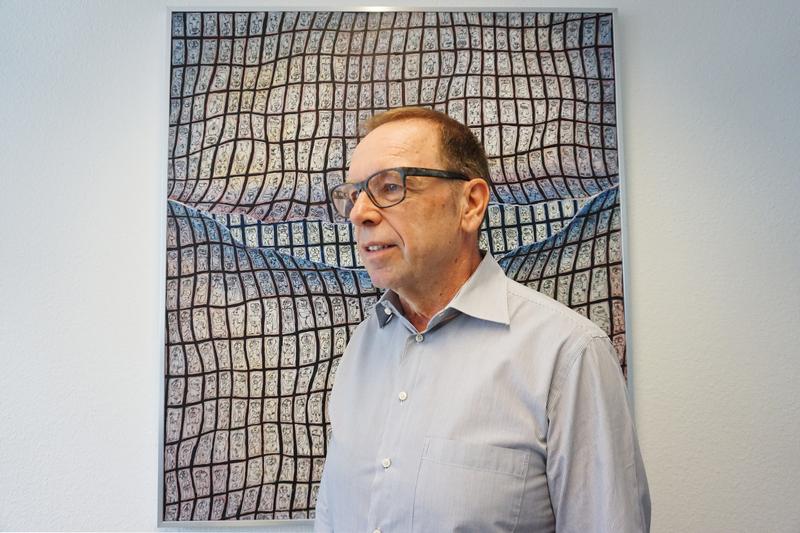
The urgency stems from the fast expansion of digital applications, he said. The so-called Internet of Things is increasingly penetrating every corner of life, and at every age level, allowing for unprecedented convenience and interconnectedness. But it also provides vast amounts of data points about us to largely unregulated corporations.
In schools, these problems are omnipresent: more surveillance cameras are installed on campus; more teachers require students to create online accounts.
In Switzerland's political system, many see the country's direct democracy as a possible answer to the invasion of privacy. They see the citizen as having the power to monitor government policies and to take the gatekeeper role in safeguarding their own rights. They trust that such democratic control can guarantee limits to data monitoring and surveillance.
But what if the collection of big data exposes these civic debates to manipulation and abuse?
“It is not easy for people to rate the information they get on these social platforms because it’s not transparent who is getting this information and why,” said Bruno Baeriswyl, the top official in charge of data protection at the Canton of Zurich.
“We have lost control. We can’t decide anymore when our data is published and where it is published that means we lost our self-determination.”
(To read the Chinese version of this article, please click: 祕密可以公開嗎?瑞士政府用20小時課程,教4歲小孩資訊安全與隱私)
深度求真 眾聲同行
獨立的精神,是自由思想的條件。獨立的媒體,才能守護公共領域,讓自由的討論和真相浮現。
在艱困的媒體環境,《報導者》堅持以非營利組織的模式投入公共領域的調查與深度報導。我們透過讀者的贊助支持來營運,不仰賴商業廣告置入,在獨立自主的前提下,穿梭在各項重要公共議題中。
今年是《報導者》成立十週年,請支持我們持續追蹤國內外新聞事件的真相,度過下一個十年的挑戰。


